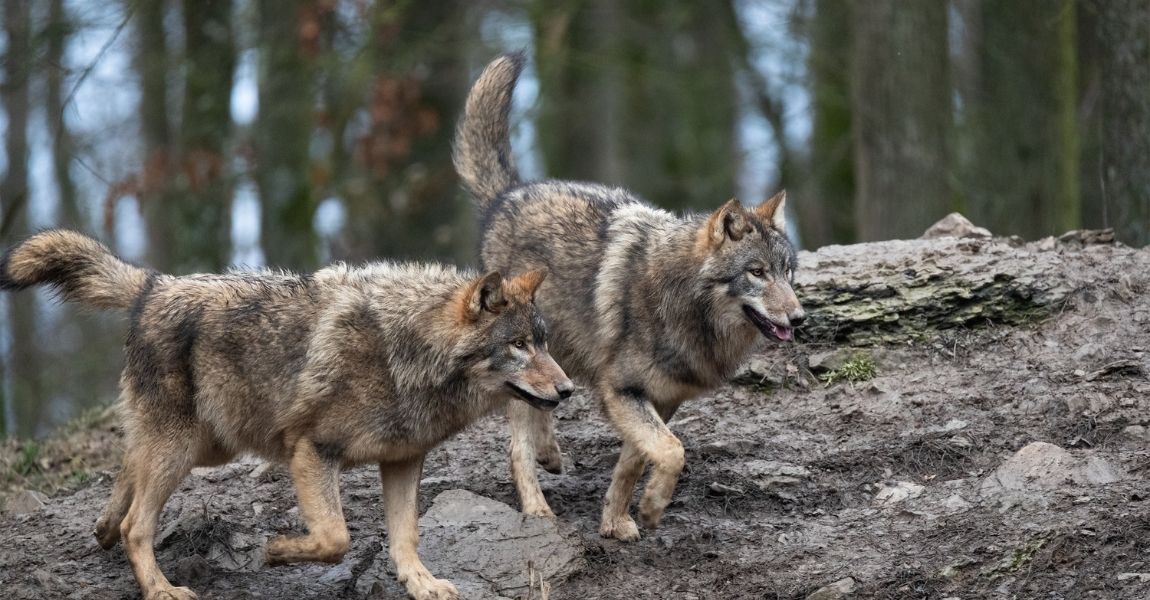Introduction:
Feeding a pet wolf a healthy and balanced diet is crucial for their overall well-being and vitality. While wolves are carnivorous by nature, their nutritional needs differ from those of domesticated dogs. As responsible owners, it is our responsibility to ensure that our pet wolves receive a diet that mimics their natural food sources. In this article, we will explore the components of a healthy diet plan for captive pet wolves, taking into consideration their dietary requirements and providing guidelines for optimal nutrition.
 Meat-Based Diet:
Meat-Based Diet:
Wolves are obligate carnivores, meaning their diet primarily consists of meat. Their digestive system is designed to process and derive nutrients from animal protein. Provide a diet rich in high-quality, lean meats such as raw beef, venison, bison, or poultry. Incorporate a variety of meat sources to ensure a well-rounded nutrient profile.
Raw Feeding:
Raw feeding, also known as a raw or prey model diet, closely resembles the natural diet of wolves. It involves feeding uncooked, raw meat, bones, and organs. This approach provides essential nutrients, enzymes, and fatty acids that may be lost during cooking. Consult with a veterinarian or a specialized wolf nutritionist to ensure the proper balance and variety of raw food in your wolf's diet.
Bone-Inclusion:
Including raw, meaty bones in your pet wolf's diet is essential for dental health, mental stimulation, and the natural balance of calcium and phosphorus. Offer bones such as chicken frames, beef marrow bones, or lamb necks. Monitor your wolf while they consume bones to prevent any potential choking or injuries.
 Organ Meats:
Organ Meats:
Organ meats are highly nutritious and play a vital role in a wolf's diet. Liver, kidney, heart, and spleen are excellent sources of essential vitamins, minerals, and amino acids. Include organ meats in moderation, comprising approximately 10% of their overall diet.
Supplements:
In some cases, certain essential nutrients may be lacking in a raw diet. Consult with a veterinarian or a wolf nutritionist to determine if supplements are necessary for your pet wolf. Common supplements may include omega-3 fatty acids, vitamin E, or other specific minerals and vitamins.
Balanced Ratio:
Maintaining a balanced ratio of muscle meat, bones, and organs is crucial for a healthy diet. The general guideline for a raw diet is approximately 80% meat, 10% bone, and 10% organs (with half being liver). However, individual wolf's requirements may vary, so it's important to consult with professionals to tailor the ratio to your specific wolf's needs.
Water:
Access to fresh, clean water is essential for your pet wolf's overall health. Ensure they have a constant supply of water available at all times. Monitor their water intake to ensure they are adequately hydrated, especially during warmer weather or increased physical activity.
Regular Veterinary Check-ups:
Schedule regular check-ups with a veterinarian experienced in wolf care. They can assess your wolf's overall health, monitor weight, and provide any necessary vaccinations or additional dietary recommendations specific to your wolf's needs.
 Conclusion:
Conclusion:
Feeding a captive pet wolf a healthy diet that closely mimics their natural food sources is crucial for their overall well-being. A diet primarily consisting of raw meat, bones, and organs provides the necessary nutrients, supports dental health, and ensures a balanced and fulfilling diet. However, it is essential to seek guidance from professionals, such as veterinarians or wolf nutritionists, to tailor the diet to your specific wolf's needs. By providing a nourishing and species-appropriate diet, you can contribute to the optimal health and vitality of your pet wolf, allowing them to thrive in captivity.







